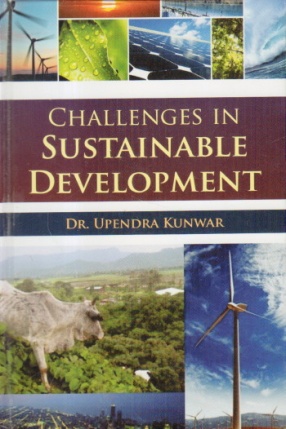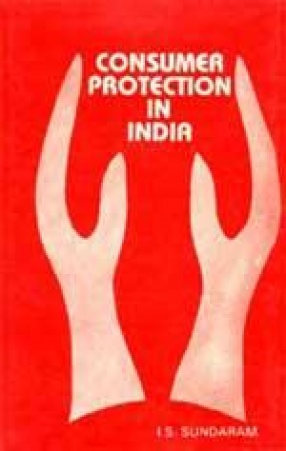There is scanty information available about the impact of different Integrated Pest Management (IPM) programmes implemented in India since 1974-75, and whatever information is documented is based on the project reports of the implementing agencies which lack rigorousness of social science research based on scientific methods to measure the implementation and outcome of IPM programmes for decision making purposes. The importance of evaluation research to determine the merit and worth of agricultural programmes in general and IPM programme in particular ha not caught the attention of programme planners and programme implementing agencies in India as is the case with developed countries of the world. Programme evaluation evolved primarily in the United States of America, and become semi-Professional discipline.
The book "Evaluation of Insecticide Resistance Management Programme" Theory and Practice" is about insecticide resistance management (IRM) based IPM programme. The methodologies for evaluation of IPM programmes are documented in the book. It covers the content and process areas of IRM programme implemented in ten cotton – growing states of India by the Ministry of Agriculture, Government of India under the Technology Mission on Cotton (TMC), Mini-Mission (MM-II) programme since 2002. The development, implantation and impact of IPM programmes is discussed in the book. The book gives an overview of cotton growing scenario in India and the losses cased by insect pests. The outcome of formative evaluation of IRM programme in Punjab is presented as a case study.
The book shall serve the biological scientists (entomologists) and social scientists (extension educationists, anthropologists and economists) associated with IPM-innovation development process. It will provide the feedback to agriculture policy planners about the worth of IPM programmes at farmers’ level and the role of evaluation research in agricultural programmes. The book is a significant contribution of the extension education discipline to the multidisciplinary field of IPM. At post-graduate level the student will find the book as a useful guide for planning and conducting diffusion and evaluation research in the dynamic field of IPM.





There are no reviews yet.